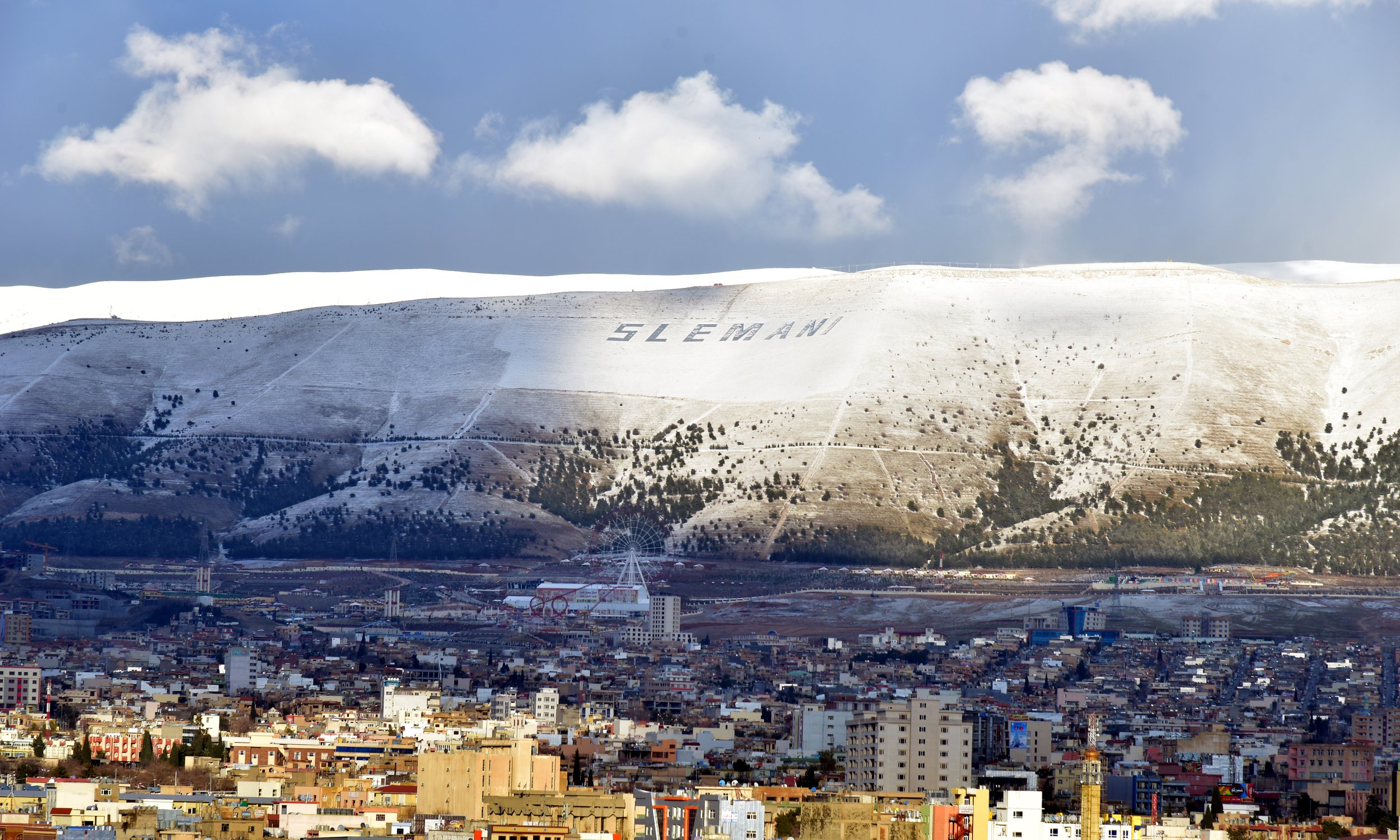
SLEMANI
Comments on Slemani Poetry
by David Shook and Marie Labrosse
Kashkul Research and Arts Centre:
-

Butterfly Valley
Sherko Bekas’ Butterfly Valley, as translated by Dr. Choman Hardi, recalls the dramatic events of Anfal, Saddam Hussein’s genocidal campaign against the Kurds, in language both grounded and powerfully imagistic. The greater world that the poet and his translator, both born in Slemani, have seen in various forms of exile is present only as ghostly possibility in this book where, through suffering, the world becomes singularly focused on the history and resilience of the Kurdish people. As always, Sherko Bekas finds beauty where so many others attempt to eradicate it entirely. Slemani has a long history of survival and its poets have written that history with artistry and heartbreak; Bekas’ Butterfly Valley is one more stunning example.
-

My Moon is the Only Moon
It’s impossible to overstate the importance of Nali and his poetry to the city of Slemani and its conception of itself. I’m pressed to think of a comparable relationship in any literature, as Nali is not just a chronicler or champion of the city, but rather something more akin to a loving brother: proud, playful, protective. And indeed, their lives were deeply intertwined. The development of Sorani as a language of literature, epitomized by Nali’s formal pyrotechnics and striking individualism, mirrored the city of Slemani’s ascendance as a vital hub of cultural, economic, and political importance. Some two centuries later, both remain as lively as ever, and today, thanks to these bold new translations, english-language readers can celebrate them both.
-

My Body is Not Yours
My Body is Not Yours, an anthology of poems from UNESCO Cities of Literature Manchester and Slemani, showcases the two cities’ literary identities as they’ve evolved over two centuries. For the vast majority of poets included, this anthology marks the first time they have been translated into Kurdish or English. Each poem in the anthology manages to be both impossibly specific to the conditions and life in its respective city and impossibly universal to the human experience. The anthology itself is a triumph over the seemingly impossible, bringing together over half a dozen translators and dozens of academics and writers who selected the works from two continents. Slemani has not only an artistic, but collaborative and open spirit, which this anthology showcases beautifully.